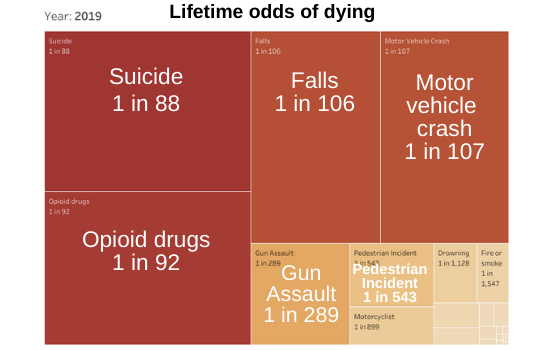by Vicki Powers
Americans are more likely to die of an accidental opioid overdose than a motor vehicle crash. Let that sink in.
National Safety Council’s most recent data (2019) reveal the lifetime odds at 1 in 92 chance of dying of an opioid overdose. The lifetime odds of dying in a motor vehicle crash are 1 in 107. 2017 was the first year opioid overdoses ranked more likely than crashes, and the gap continues to increase each year. I’m afraid to see how the 2020 data stacks up.
The numbers are a reality we don’t like to admit, but, unfortunately, not surprising.
The news is full of stories how 2020 stacked up to be the deadliest year for overdoses, according to the CDC: 93,000 deaths due to overdoses. Isolation, job loss, and lack of recovery support/resources due to COVID-19 all contribute to the spike.
In Texas, overdose deaths increased 33% during the pandemic, for the 12-month period ending November 30, 2020. Overdose deaths across the United States increased nearly 30%, according to provisional data from the National Center for Health Statistics. From 72,000 to 93,000 people.
It might be easy to get discouraged at this mountain to climb and how to make an impact. Fortunately, Houston Recovery Center is part of the solution as a recipient of the Texas Targeted Opioid Response (TTOR) funding from Texas Health and Human Services Commission. We provide free naloxone nasal spray to reverse an overdose and free training on how to use it. We are making a difference, along with others in Texas.
